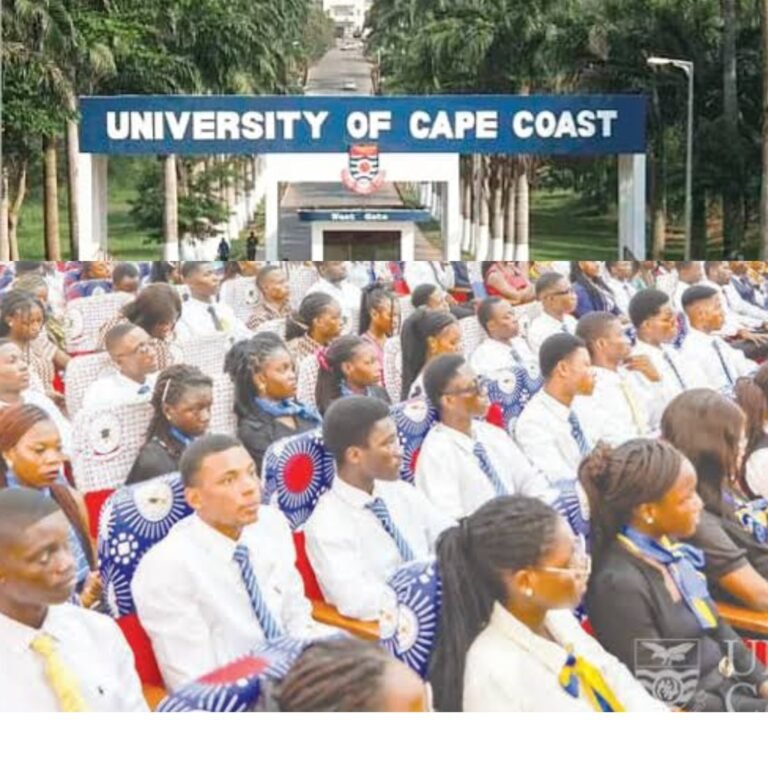
The founder and CEO of Global Media Foundation (GLOMEF), Raphael Godlove Ahenu, has urged female students to report people, especially teachers, who abuse them sexually for the law to deal with such miscreants in society.
Mr Ahenu noted that Ghanaian women face a lot of barriers in reporting gender-based violence, saying, “these obstacles are rooted in a cultural belief that domestic and sexual violence is a private matter that should be addressed outside of the criminal justice system.”
Addressing a Girls’ Summit held at Duayaw-Nkwanta in the Ahafo Region, as part of activities to end this year’s 16 Days of Activism Against Gender-Based Violence Campaign, Mr Ahenu said government is obliged to address, prevent, investigate, and punish domestic violence perpetrators.
The summit was attended by about 100 students and teachers of Junior High Schools in the Tano North Municipality, and was held under the theme, “Orange the World: Fund, Respond, Prevent, Collect!”
Background
The 16 Days of Activism against Gender-Based Violence is an annual international campaign that kicks off on 25 November, the International Day for the Elimination of Violence against Women, and runs until 10 December, which marks International Human Rights Day.
It was started by activists at the inaugural Women’s Global Leadership Institute in 1991 and continues to be coordinated each year by the Center for Women’s Global Leadership. It is used as an organizing strategy by individuals and organizations around the world to call for the prevention and elimination of violence against women and girls.
Mr Ahenu revealed that his outfit will collaborate with the media and communities to scale up public awareness campaigns on sexual and gender-based violence, particularly targeting men and boys.
The Gender Coordinator at GLOMEF, Christiana Korankye, in her presentation said studies have shown that about 14per cent of school girls are victims of sexual abuse while 52per cent have experienced gender-based violence.
A public health report, she quoted, further showed that 33 to 37 percent of women in Ghana have experienced intimate partner violence in the course of their relationship (this includes physical, sexual, and emotional violence).
“The COVID-19 has worsened key risk factors for violence against women and girls such as food shortages, unemployment, insecurity economy and school closures” she added.
She called on traditional and religious leaders to put in place effective mechanisms to enhance monitoring and prosecution of sexual abusers and advised girls to avoid being alone with people they do not know or trust and should stay away from deserted places.




